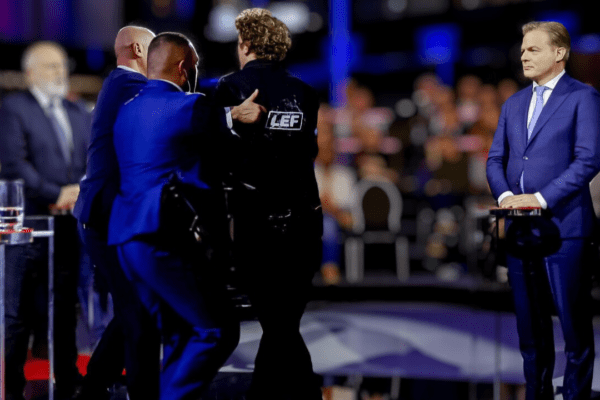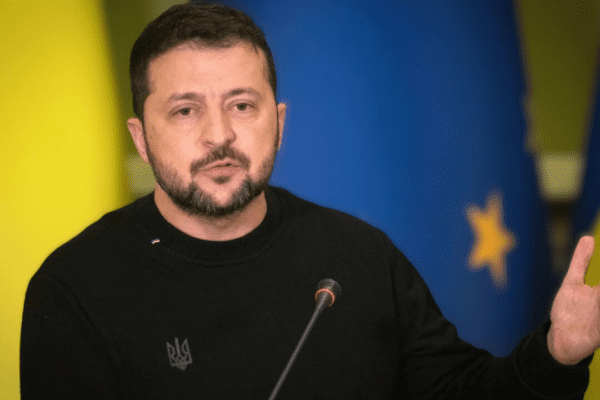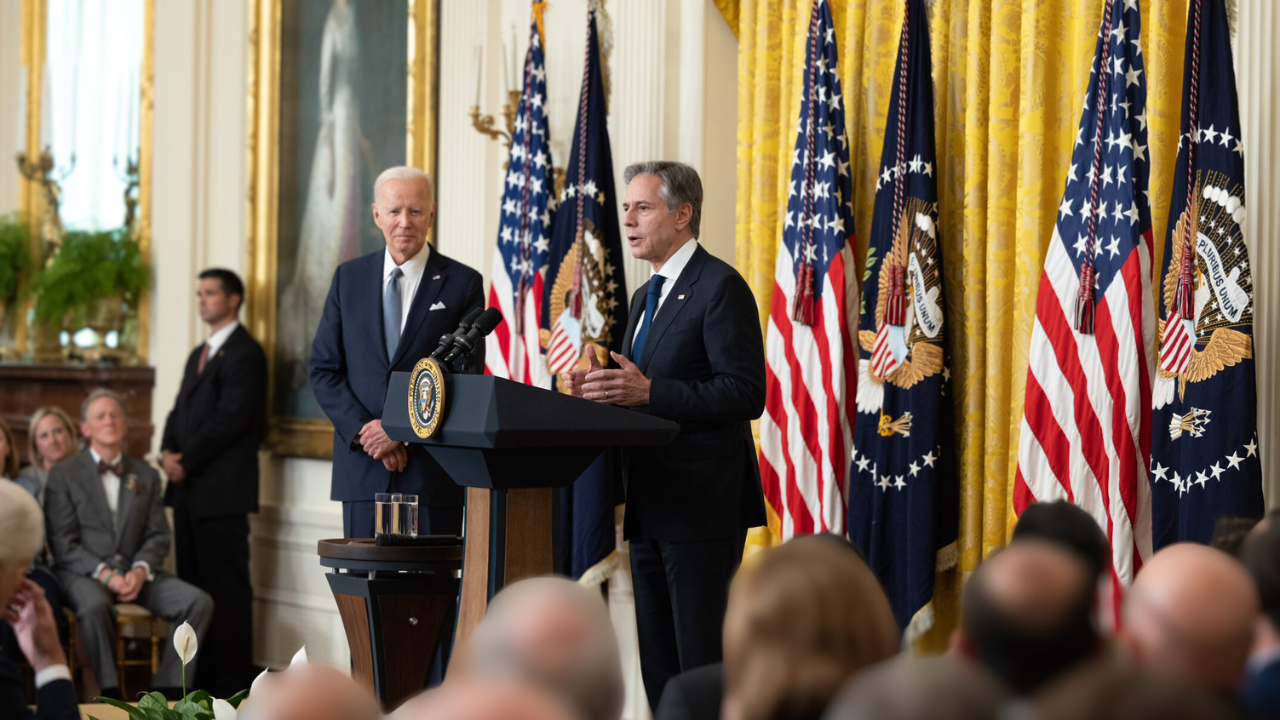According to US officials, Washington is boosting its engagement with China as it recognizes the risk of making a mistake with the nation that is fast becoming its major rival.
Secretary of State Antony Blinken will visit Beijing this week, the US State Department revealed on Wednesday.
According to the State Department, Mr. Blinken will meet with top Chinese officials during his visit, including Foreign Minister Qin Gang.
After a string of diplomatic scuffles between the two nations, the Biden administration is said to be attempting to mend fences with Beijing as part of this trip.
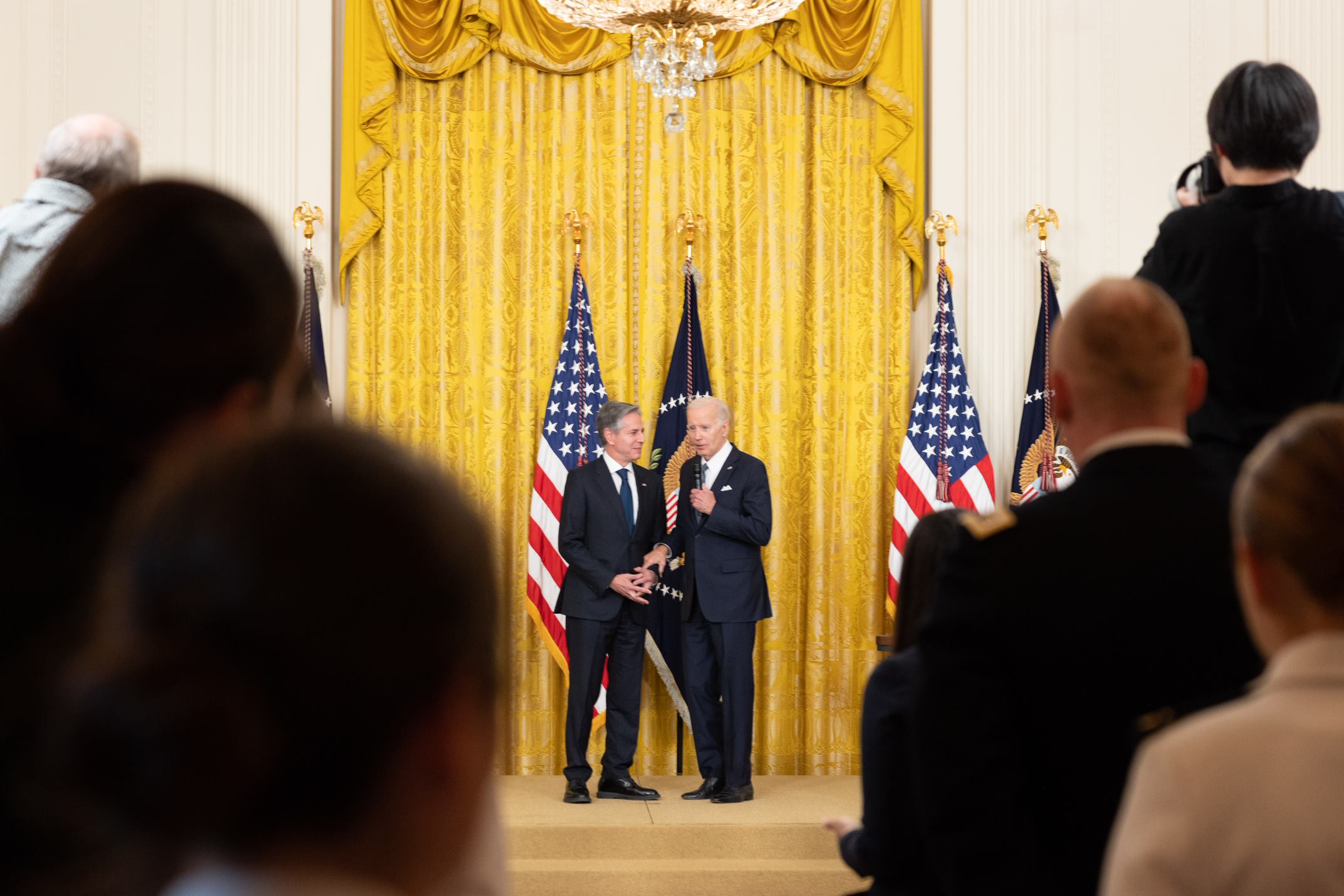
Daniel Kritenbrink, assistant secretary of state for East Asian and Pacific affairs, said in a statement that “we are going to Beijing with a realistic, confident approach and a sincere desire to manage our competition in the most responsible way possible.” On Wednesday, a conference call with journalists.
Kurt Campbell, the White House’s National Security Council’s coordinator for Indo-Pacific issues, stated on the conference call that “now is precisely the time for intensive diplomacy.”
Last week, Mr. Campbell urged continuing “proper diplomacy” with Beijing, warning that the risk of making a mistake with China was rising.
At a panel discussion hosted by the Hudson Institute in Washington, he delivered the remarks.
During his phone chat with counterpart Qin Gang on Tuesday, Secretary Blinken urged “keeping open lines of communication” with China to prevent “miscalculation and conflict,” according to a statement from the State Department.
According to a statement from the Chinese Foreign Ministry, the Chinese minister urged the United States to respect “China’s core concerns” and “stop meddling in China’s internal affairs and undermining China’s sovereignty, security and development interests in the name of competition.”
According to analysts, there is still a slim chance that Mr. Blinken’s visit would result in progress on important bilateral problems.
According to Dennis Wilder, a former National Security Council director for China, “the best thing this visit can achieve is to create a new space for bilateral relations and open the door for further cabinet-level meetings.”
According to Patrick Cronin, the Hudson Institute’s head of security for the Asia-Pacific region, “talking is important even when there is no progress.”
Both parties, according to Mr. Cronin, might see development in the commercial, environmental, and Ukraine sectors.
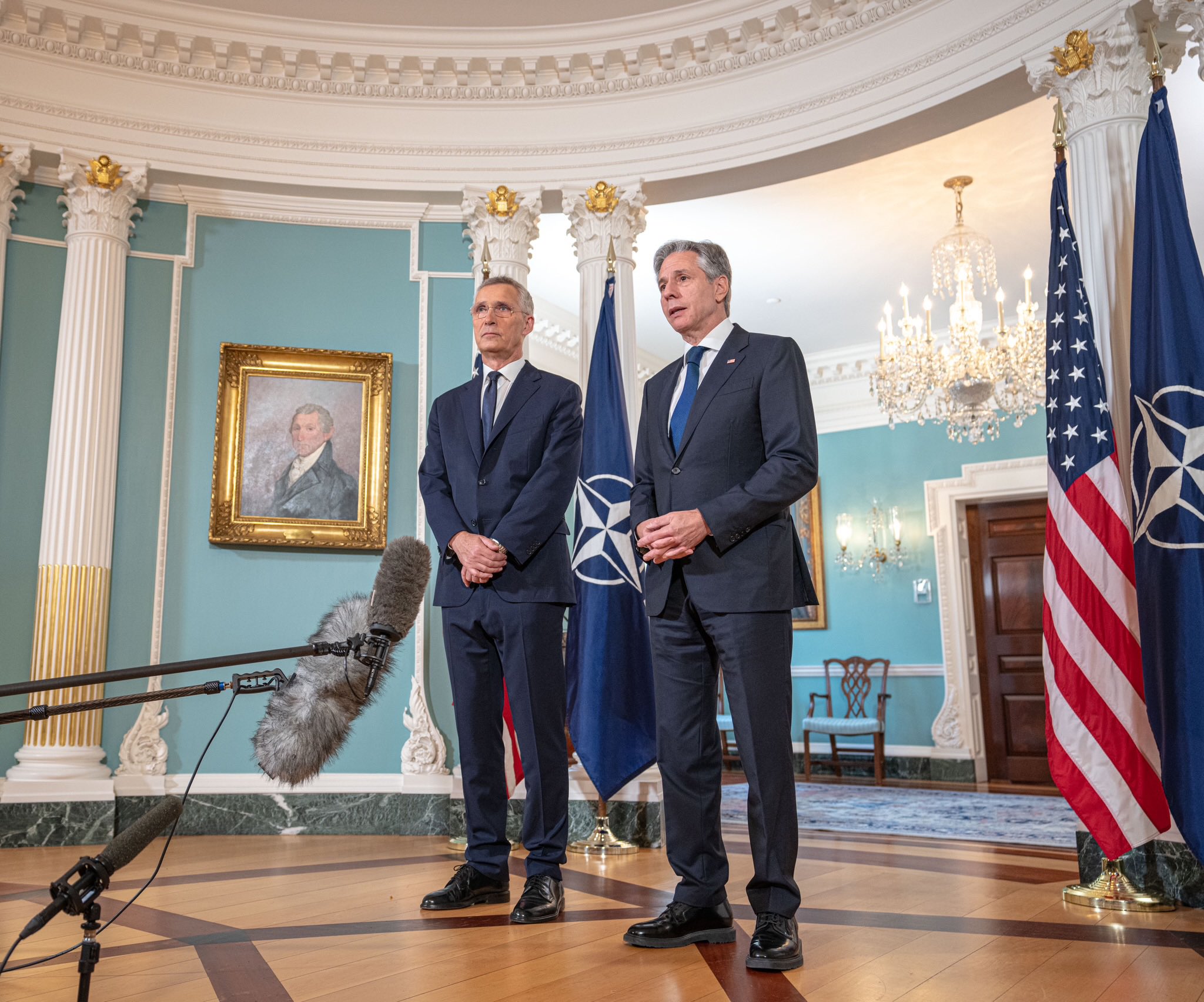
“I believe Secretary Blinken will be able to identify some areas of similar interest when officials meet later this year because of a shared willingness to collaborate. The Ukrainian conflict might finish amicably, and discussions on trade, artificial intelligence, and climate change could begin, according to Mr. Cronin.
During President Biden’s meeting with Chinese President Xi Jinping in Bali, Indonesia, in November 2022, it was decided that Secretary Blinken would travel to Beijing.
Although there was no breakthrough at the conference, it was still regarded as a crucial step in the stabilization of the two nations’ ties.
However, when the two sides sparred on contentious matters like Taiwan and Ukraine, tensions grew.
When a Chinese surveillance balloon breached US airspace in February, Mr. Blinken decided to postpone his trip to Beijing.
Since then, despite the tensions, the US has consistently attempted to open communication with Beijing.
High-level discussions have taken place recently between the two parties, hinting to a potential thawing of bilateral relations.
Mr. Kritenbrink and Ms. Sarah Beran, the senior director for China at the National Security Council, visited Beijing last week to see Yang Tao, the head of the North American relations division, and vice foreign minister Ma Zhaoxu.


